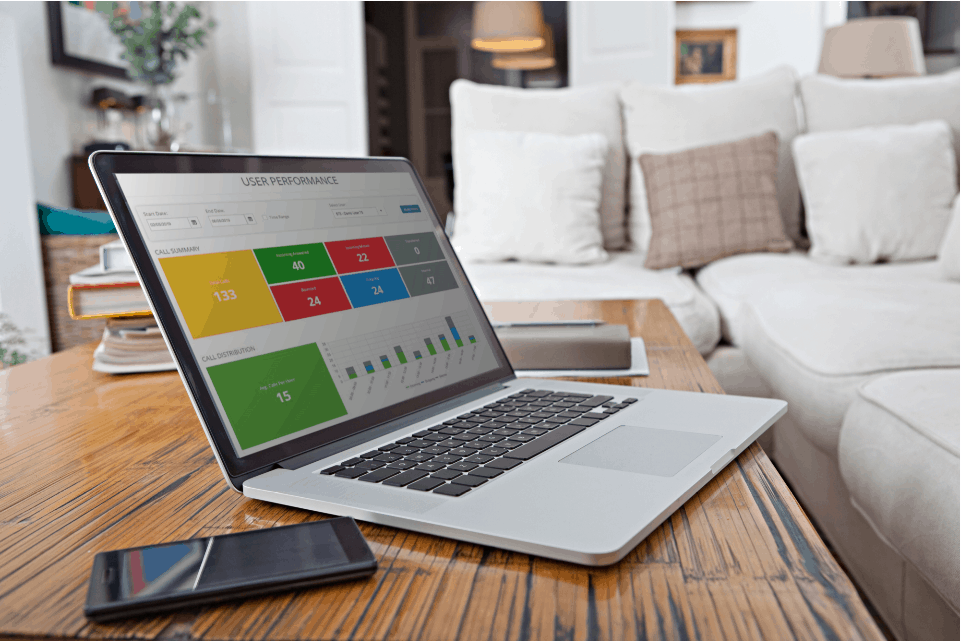How Data-Driven Management Can Help Your Remote Workers to Survive and Thrive in Uncertain Times
Businesses have leapt from having a ‘work from home’ policy to now everyone being at home. It’s a completely new experience and not an experiment that many companies would want to try in normal times.
Many of these may also be looking at how they can maintain some sort of oversight to ensure that staff are managing and that customers are getting the services they need during these unprecedented times. A few of these will be doing so against the backdrop of increased, or decreased, business, and needing to manage the additional stresses that situation brings.
Knowing that your employees are coping and have the right tools to remain efficient and productive is critical. At the same time, if businesses under pressure are to weather the storm, understanding customer experience during this period of change is just as important.
Call analytics and call recording are tools already being used by leaders with global workforces who provide services and support remotely, from different environments and time zones, to allow data-driven decision-making. This is especially relevant during periods of uncertainty and when embarking on a new way of working as it allows them to understand their own performance as well as understand their customers’ behaviour.
So how can call analytics and recording help new remote workers to survive and thrive?
- Motivation and team unity: Shared-view wallboards and business performance dashboards can help people to feel connected with their team.
- Reduce stress: Many people are anxious about the future, and about changes to how they do their work. Clarity of goals and targets, and how they relate to business and departmental objectives – and how people are performing against these – makes what is expected of home workers very clear. This is important if they have less access to their manager than they are used to.
- Reduce conflict: Unambiguous statistics and accessible call recordings reduce the likelihood of “who said what” conversations, either internally or with customers.
- Results focus: Managers are able to set clear KPI’s and feel more in control of their team. They can focus on live information or review historical trends to spot problems before they manifest. Strategic business leaders can look at whole-business information, or drill down to a departmental level.
When companies upgrade their cloud applications with analytics and call recording solutions, they can monitor team members’ inbound and outbound customer interactions, regardless of where an individual is based. A major focus should be the unreturned missed calls list and caller tolerance. Are there patterns for when more calls are missed? How long are callers prepared to wait to be answered? How many missed calls are returned?
With access to the right level of business intelligence, businesses can ensure their remote workers are delivering the right solutions and the best possible experience to customers. Call recordings can help identify which conversations are working best for their team and help them to work more effectively in their new home environment, providing training to those that need additional support.
Armed with this information, organisations can resource their teams effectively by considering busiest hour analytics, or longer term peaks and troughs of activity. It helps determine if more staff members are needed, or if their working day could be reorganised to solve a problem.
By embarking on remote working with the right processes and feedback opportunities in place, employees, managers and business owners can approach the uncertainties of the next few months with confidence, continue to provide high levels of customer service, and put themselves in the best position to thrive.
As seen in Comms Business.

